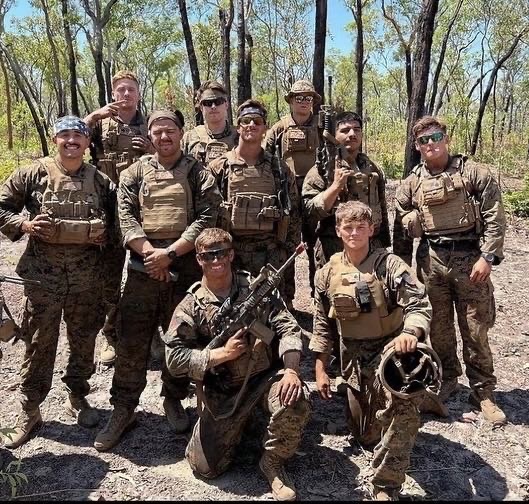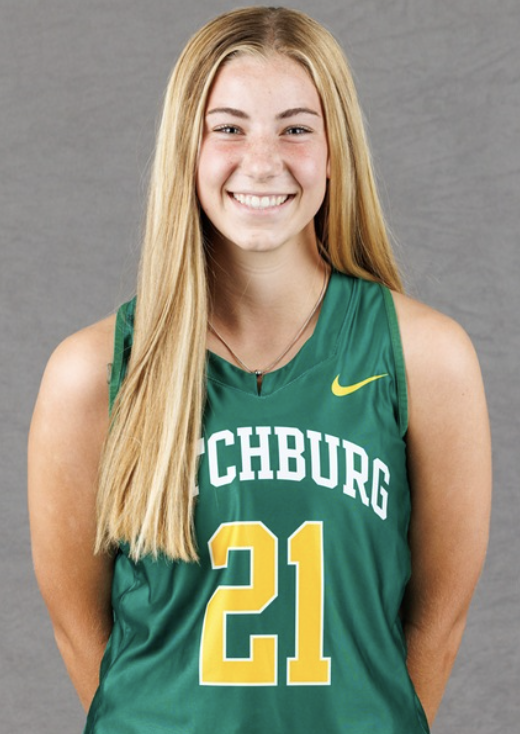
By Kurtis Kendall
Fitchburg State History professor Dr. John Paul pauses to consider a question about how his beginnings impacted where he ended up. He takes the time to find the correct thing to say. He is a calculated man, always choosing his words with exact precision. “I would tell you what my professor used to say, ‘it doesn’t matter where you start in life, but where you end up is very important.’” he said.Paul grew up in India, only coming to America when he was 20 years old for school. “I was a typical 20-year-old, I had the mindset of ‘I want to do something with my life’” says Paul. “We all have this drive that propels us, to want to swim against the current and do something different.”
When Paul first arrived in the United States, he began attending private school in Detroit with the goal of pursuing a career in education and religion, ultimately hoping to become a part of the church. Coming from India and having read about the United States for years growing up, the four years he spent in Detroit were eye-opening. “I saw a very different America from the one I read about; one with racial division and poverty all around.”
John Paul graduated with a religious studies degree but went into a slightly different field as he wanted to become an academic. “As a graduate student, I went through an intellectual transformation. I asked myself, ‘what am I doing?’”
“I realized I wanted to study India,” said Paul, “I originally didn’t know that when I came here.” Following graduate school at the University of Wisconsin, Paul began teaching at a satellite school in Wisconsin. Paul began research on south asian studies and the history of India, writing books about his native country such as the legal and medical professions there. Paul’s origins assisted him when it came down to his research, “everything I’d ever done in my life served a role to help me in my studies; the culture, the language and everything in between.”
While doing research on the medical profession in India, Paul ended up the northeast region of the United States. Some of the top medical institutions were in the area, and they had many of the records and transcripts Paul was looking for. Fitchburg State had a position available while he was conducting his studies, to which he applied for and received. Paul has been at Fitchburg ever since.
When it comes to the classroom, Paul teaches with a style that emphasizes lessons for life outside the classroom, as well as in it. “I tell my students you don’t have to memorize anything. But train your mind in such a way to look at the similarities and differences between people. Try to identify what is new and what is old.”
Paul goes on to say that learning is the main thing that matters in education, as what you can gain in a single class can stay with you forever. “If you learn something, try to apply it to your life in some small way.”
“His lessons have stuck with me,” said sophomore Thomas McNulty, “even though it’s been a few semesters since I’ve had him.”
Paul is a man who would rather talk and engage with people than lecture. He’s more interested in meeting with students to learn, teach and solve problems through discussion. “We are not taught to reach out in this culture,” said Paul, “come knock on my door, let’s talk. Education is a great way to collaborate.”
This idea of communicating with one another through stories is one of the reasons why Paul gravitated toward the education field “To me, what makes teaching interesting is the storytelling, constantly seeing similarities throughout history, all over the world. There is not much difference in today’s world compared to past societies, putting aside certain resources of course.”
When it comes to the future, Paul stresses that teaching will always be a part of his life. “That’s the part I’d miss,” said Paul, “the classroom, the students, trying to explain or teach something.”







